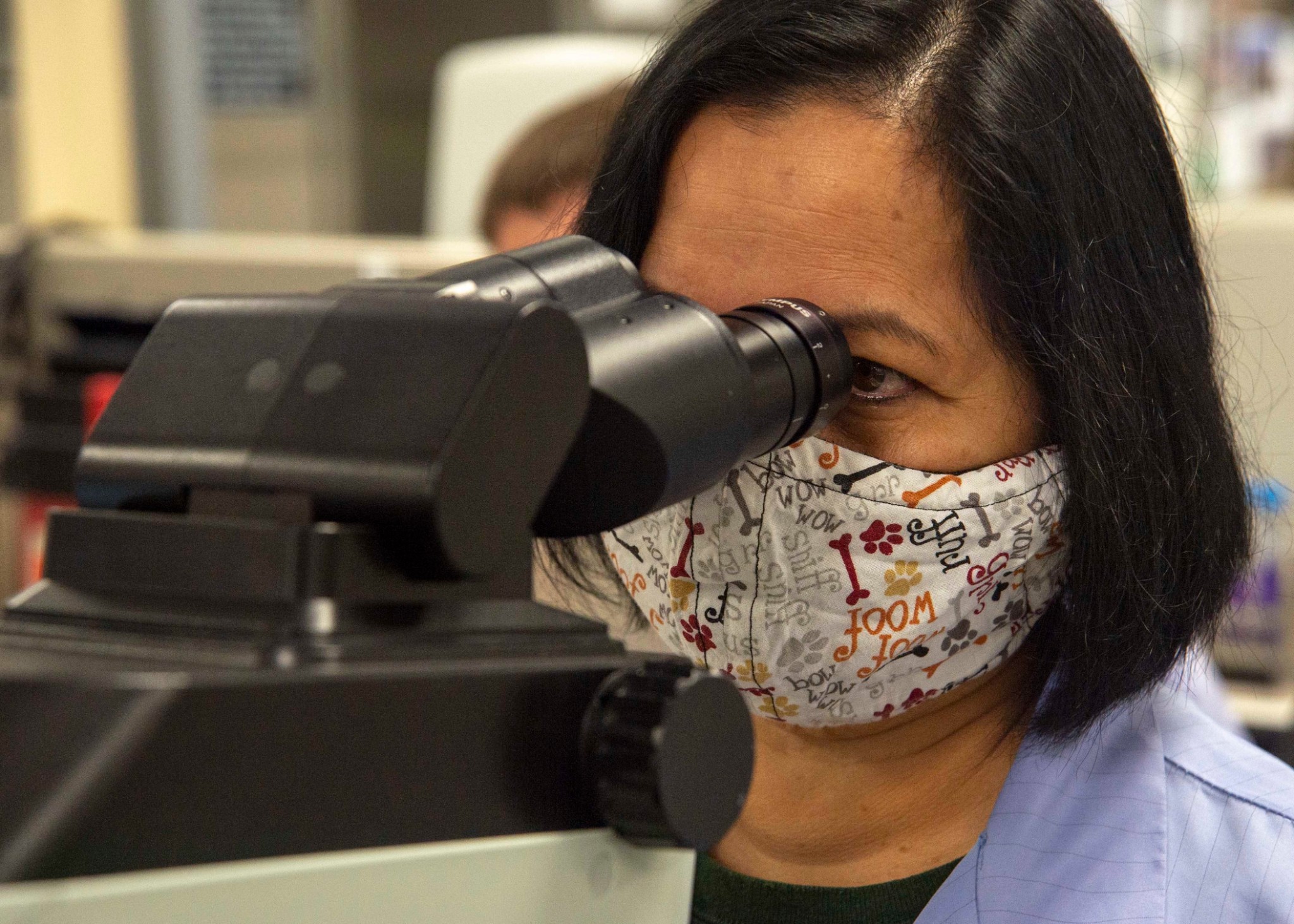 Photo Courtesy: Navy Medicine on Flickr
Photo Courtesy: Navy Medicine on Flickr
America Shouldn’t Shun Global Efforts to Defeat COVID-19
The COVID-19 pandemic has led to a race of major countries vying to be the first to create a vaccine. Recently, however, the nature of that race has begun to interfere with the greater goal. The COVID-19 Vaccines Global Access Facility (COVAX), created by the World Health Organization (WHO) in order to “[work] with vaccine manufacturers to provide countries worldwide equitable access to safe and effective vaccines, once they are licensed and approved,” will allow up to 170 countries to work together to create and distribute a vaccine with the hopes of bringing the pandemic to an end. The United States will not be one of these countries.
This past July, believing that the WHO acquiesced to China’s initial handling of the COVID-19 outbreak, the United States formally withdrew from the organization. The diplomatic ramifications will most likely be significant. Furthermore, it is difficult to deduce any sort of strategy from such a decision. Does the withdrawal imply that international health organizations are ineffective? Does the decision imply that the United States has the knowledge and resources to take on the challenge alone? Is the United States so anxious to be in first place that it is unwilling to contribute and benefit from the wider global effort?
Successful Science Diplomacy in the Past
Conflicts centered on national pride must not get in the way of saving the lives of ordinary people. America’s scientific resources and efforts with other nations are traditionally tools of soft power—and those efforts have greatly benefited the country and the world. Particularly when it comes to humanitarian medical help, the United States has led by cooperative example. In 1962, during the height of the Cold War, the United States financially supported the Soviet Union in efforts that ultimately led to the eradication of the smallpox virus. The result of such a collaboration between two rivals is deemed “one of the greatest achievements in human history.” In 2003, the President’s Emergency Plan for AIDS Relief (PEPFAR) was, and still is, the largest effort by any nation to combat a single disease. The United States and Iran, two nations with ever-growing tensions, are working to use vaccine diplomacy in order to rid the world of tropical diseases such as Chagas disease and leishmaniasis.
The Obvious Questions that Come Next
Such a decision to withdraw from a large scale, international collaboration raises ethical questions. Shouldn’t the United States be participating in any serious effort to pool global resources to beat this disease? If COVAX develops a vaccine before the United States, will they share their discovery with us? If the United States develops a vaccine before COVAX, will we share our discovery with them? Skepticism of the vaccine is a big enough problem to fight rather than adding to the problems of developing a safe and effective vaccine in the first place. If the United States is the first to develop a vaccine, how will it be distributed in an equitable manner? Will we see another instance of inequality at work, just like what happened at the beginning of the pandemic with testing? Undoubtedly, all countries are grappling with these questions. However, the need to “go it alone” and not see the forest for the trees puts undue pressure on the United States to succeed in developing a vaccine.





